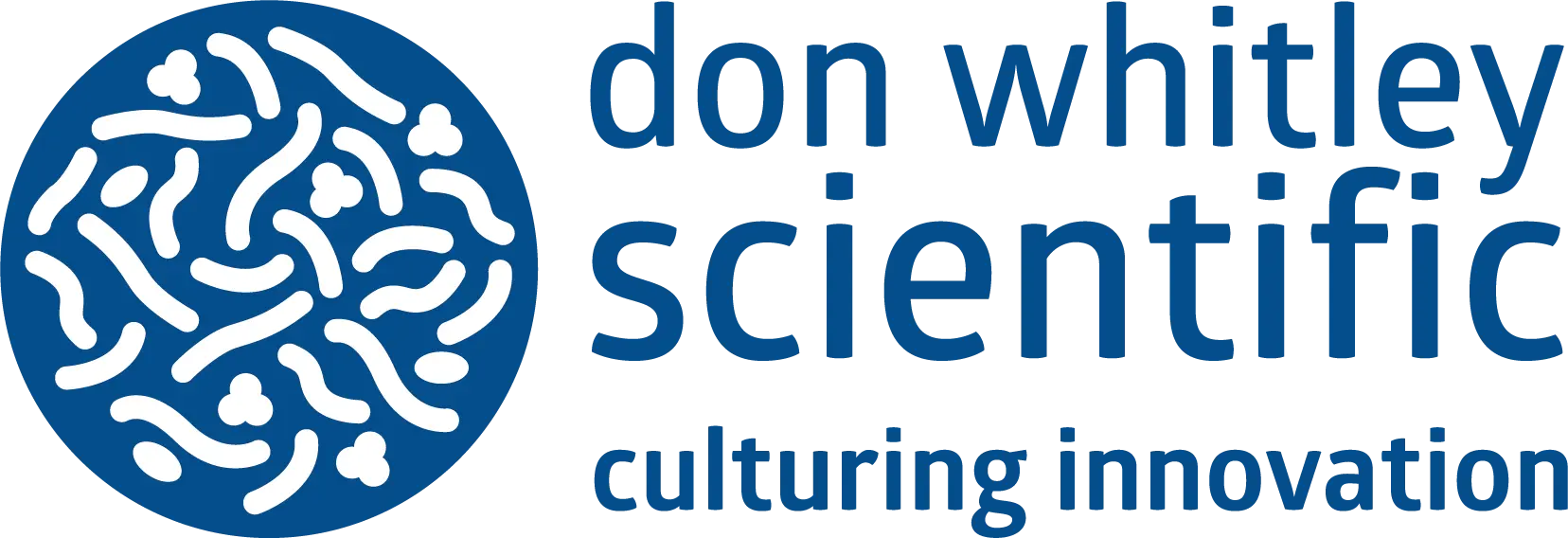
On 1 August 2024, a significant step in biomedical research was taken at Jena University Hospital when the state-of-the-art Whitley H35 Workstation was installed. This specialised workstation now belongs to the research group led by Dr. Mosig and will play a crucial role in an innovative research project conducted by Ms. Warschinke as part of her doctoral thesis.
The Research Project: A Model for Clostridioides difficile Infections
Clostridioides difficile infections (CDI) are among the most common causes of nosocomial diarrhoea in industrialised countries and present a significant clinical challenge in treatment. In light of this issue, Dr. Mosig's research team has set out to develop a novel CDI infection model. At the centre of this project is a gut-on-chip model, capable of replicating the physiologically relevant hypoxic culture conditions that are critical for understanding CDI.
This innovative model will enable researchers to accurately simulate the disease profile of CDI in vitro. Through this precise recreation of disease mechanisms, targeted toxin-neutralising interventions can be characterised and tested. This could not only lead to a better understanding of the pathogenesis of CDI but also welcome new therapeutic approaches to combat these infections.
The installation of the Whitley H35 Workstation marks not only a technological advancement for Jena University Hospital but also an important step forward for research on Clostridioides difficile infections. The combination of dedicated research and cutting-edge technology holds the promise of delivering results that could ultimately enhance patient care.
We look forward to the outcomes of this project and the impact it may have on the treatment of CDI.


 en
en

 English
English